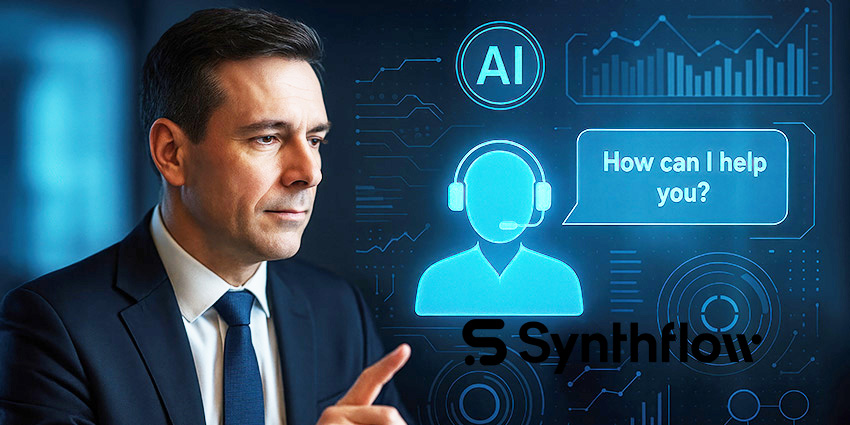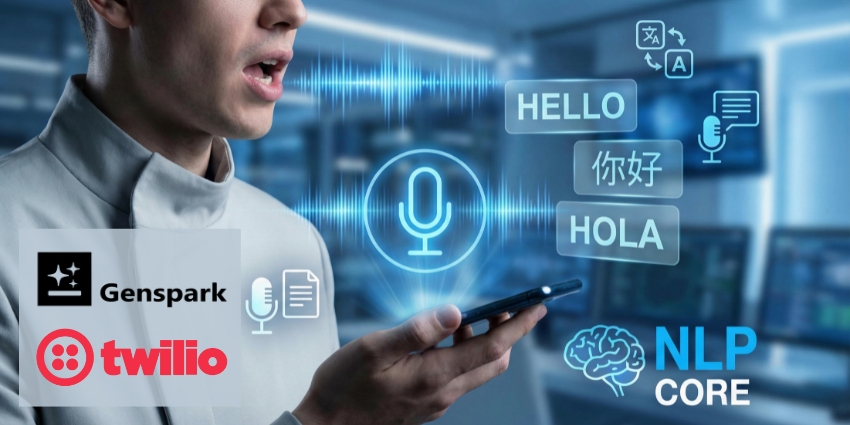The reality is, AI doesn’t belong in every aspect of contact centers. I spoke with Twilio’s Director of Developer Education, Andrew Baker, at this year’s SIGNAL event in San Francisco, who agrees with me. There were even signs that Twilio felt this way about AI as early as last year. At SIGNAL 2018 they launched Autopilot, a conversational AI assistant that’s one of the few tools on the market for building AI into communications. One of the perks of Autopilot is that it is clever, yet doesn’t attempt to pass the Turing Test, Baker shared.
Enter the solution; Autopilot is an API that tells developers where to deploy AI, and where it will be most useful, avoiding the headache of using AI to take on human tasks. Where AI drops off, humans pick up with a seamless transition to customers including all of the information they need to assist customers gathered from dozens of CRM systems to provide agents with context for the call. Twilio isn’t trying to replace humans or confuse customers in the contact center environment. Quite the contrary, they want to provide an amazing CX, balancing AI with human agents, Baker told UC Today.
“Everyone dreams of this idea where customer interactions involving AI are seamless.”
“The reality is, we’re not there yet, which can lead to frustrated customers with sub-par experiences because they’ve tried to reach an agent who can assist in resolving customer inquiries”
The developers at Twilio built Autopilot to solve a practical problem for developers – avoiding the overuse of AI. This might lead to buggy systems that aren’t equipped for handling human tasks. The result of a system that overuses AI can result in angry consumers because they can’t reach a live agent.
Looking Toward a Future with AI in Contact Centers
There are security concerns involved in identifying someone by their phone number, and security impacts developer’s jobs in many ways, according to Baker. He believes voice biometrics will soon become a principle tool in identifying contact center callers.
Baker told me that there are also environmental factors like the quality of call audio. In the context of contact centers, there are a lot more items to consider to keep customer data secure. He raised another valid point – customers want to speak with agents fast, and not deal with long wait times, making identifying someone in real-time critical if you want to dodge disappointment and poor reviews. Baker shared some words of wisdom to developers who want to use APIs like Twilio.
“Think about security in the beginning stages of building, not at the end”
While AI is useful, and it will continue to enhance CX long into the future, beware what the overuse of AI might lead to. With a shift in mindset, contact centers have the potential to keep customer data out of the hands of hackers. In the meantime, system architects should implement AI only where they feel it can enhance CX, not in every part of the customer journey.






